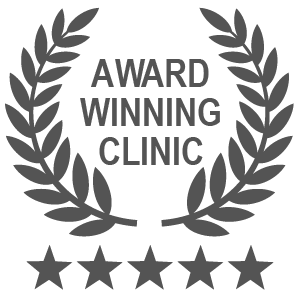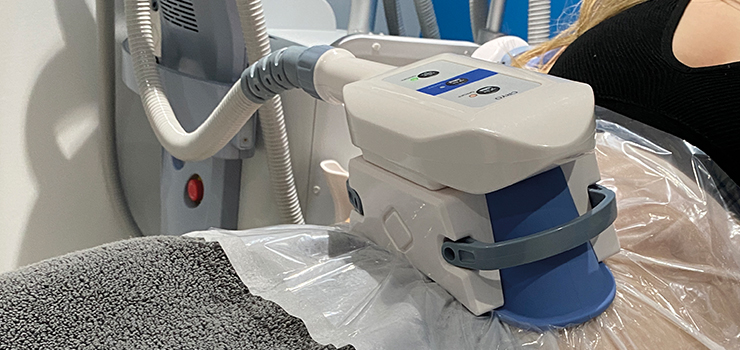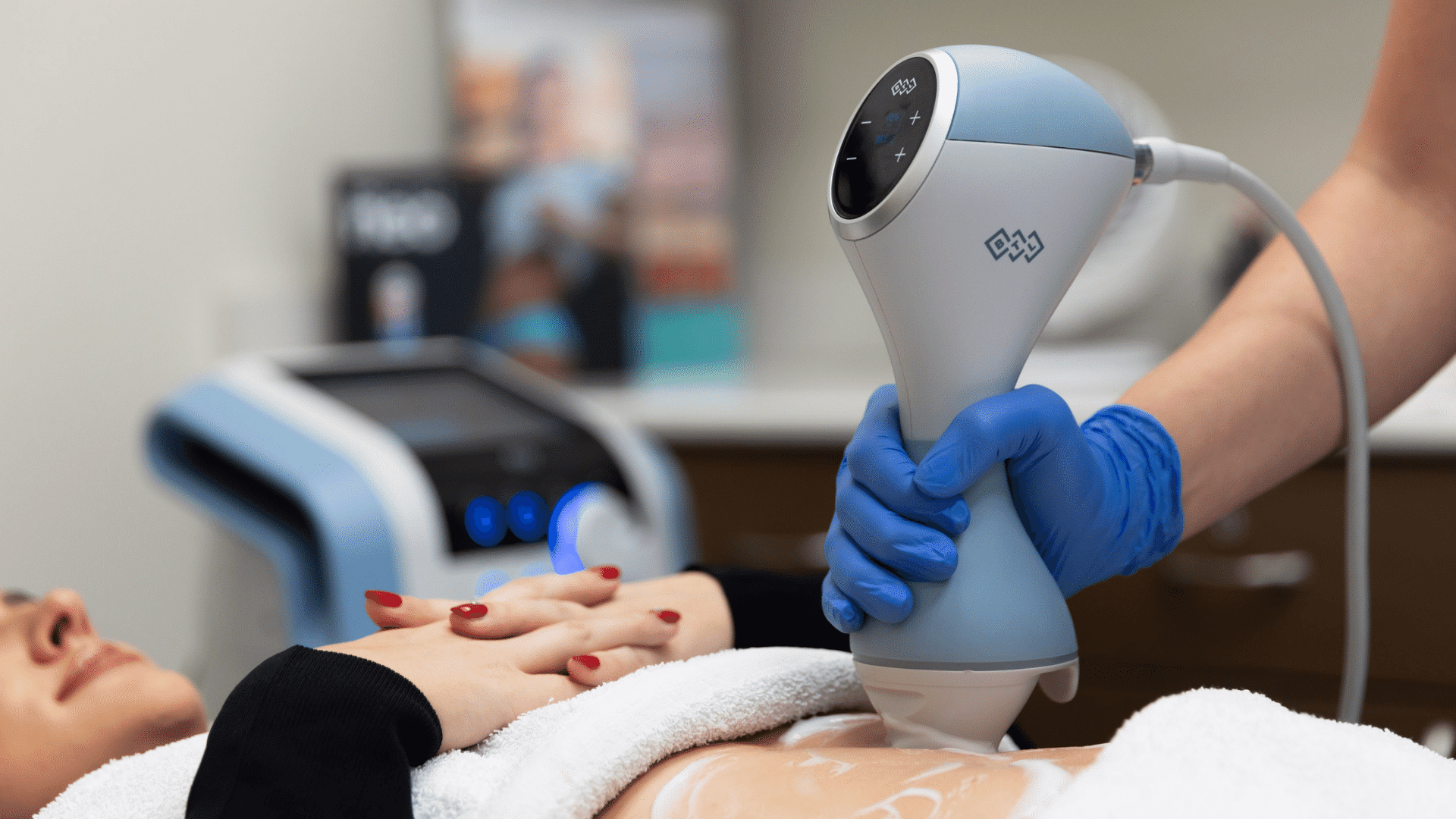Boost Your Immune System

Hot To Boost Your Immune System During A Pandemic
As the world struggles to find a cure or a vaccine for Coronavirus or COVID-19, we must look at ways to support our own health.
One of the best ways todo this is to boost your immune system to help fight of any infection. Find out how to boost your immune system during a pandemic with these simple, easy to do steps.
As you will be aware, all we have heard about in the recent new is Coronavirus (COVID-19), and this isn't going to go away anytime soon. First, it was like a voice in the distance as the virus quickly spread in far-flung countries and then suddenly the UK is infected and people are dying. As I write this, the UK is in unprecedented times. The Government is operating more like a war-time government and has imposed laws to restrict our movements, known as social distancing. All in the race to get on top of this killer pandemic and save lives we must all stay at home.
COVID-19 Instructions
Instructions We All Must Follower:
- Stay at home at all times.
- Do not go out unless for essential needs such as food, medications or to work if you cannot work from home.
- Wash your hands for at-least 20 seconds every hour.
- Keep at least a 2-meter distance between each other (social distancing).
- Isolate for 7 days if you experience any symptoms set out on the NHS website.
- Your household should isolate for 14 days if anyone in the household has any symptoms set out on the NHS website.
COVID-19 is a virus and therefore is not treatable with antibiotics or any modern medicines. Currently, there is no way of effectively treating people with it and complications occur when the virus causes pneumonia and acute respiratory failure. The treatment aims to keep organs running and lungs exchanging oxygen and carbon dioxide.
Anyone with a low or compromised immune system or pre-existing medical conditions like IPF, asthma, COPD, diabetes and heart disease are more susceptible to developing these complications. This is why it is very important to adhere to the Government’s instructions and NHS policies. We must all protect those who are most vulnerable from this coronavirus and do our bit to stay at home. This all helps to reduce the pressure on our NHS and to save lives. It’s a scary time for everyone, but especially so for the elderly or those of us with pre-existing medical issues. Our hearts go out to anyone who loses a loved one during this pandemic and to the NHS staff who work day and night to look after us.
How To Protect Yourself
The good news is that there are things you can do at home to reduce your risk of infection and naturally boost your immune system. If you are struggling with mental health we recommend reading our mental health guide which some hints and tips to help you. Be sure to share it with friends and family as they may need some help too! So you're probably asking what I can do to protect myself?
Wash Your Hands
One of the most important things we can all do to slow down the spread of this disease is to wash our hands. Wash your hands often with soap and water, for 20 seconds each time, at-least once every hour. COVID-19 (Coronavirus) is a new disease which means we don’t know a lot about it yet. But we do know that it’s not very heat resistant and that soap kills it.
Viruses are made up of material protected by a layer of proteins and fat, when viruses come in contact with soap, the fat coating gets ripped out by the soap molecules effectively killing the virus. It does not matter what type of soap you use, it can be any! Whats more important is that you need to keep the soap on your hands for a full 20 seconds, this ensures that the virus is destroyed. Wash them frequently throughout the day and especially after returning from the shops, from work, or before eating and preparing food.
Quit Smoking
The Secretary of State for Health Matt Hancock said: “It is abundantly clear from the research into previous coronaviruses that smoking makes the impact of a coronavirus worse.” If you are a smoker, not only are you reducing your immune system but you’re actually more likely to suffer complications if you do become ill. We all know that smokers are at increased risk of cancers, heart disease, lung problems and other serious illnesses, but it also increases your risk of death from Coronavirus too. A simple change to make to protect yourself and others within your household. It can be hard to quit smoking, I mean it is an addiction, but with the right support, you can free yourself from smoking. Check out the NHS website on quitting smoking.
Diet
Reduce sugar, highly processed food, and refined carbohydrates can help boost your immune system and protect you from coronavirus. A high consumption of sugar, including highly processed or refined carbohydrates, has become the ‘normal’ part of our western diet that many people don’t even question it. Now all the fats-food restaurants are closed it might be an easier time to start now!
Eating too many carbohydrates can reduce the function of your white blood cells (your virus-fighting cells) for many hours after consumption. So if you want to naturally boost your immune system and increase your ability to fight off disease, the advice is to reduce your overall carbohydrate intake. You should aim to reduce things like:
- Bread & Cereals
- Rice & Pasta
- Potatoes
- Cakes & Biscuits
- Crisps & Chips
- Chocolates & Sweets
- Flavoured Yoghurts
- Fizzy Drinks
- Ice Cream
Whilst fruits can be high in sugars, most fruits are also full of antioxidants, vitamins and minerals. However, vegetables are also full of antioxidants, vitamins and minerals, in some cases, they provide even more nutrients than fruit. Plus, most vegetables are very low in sugar and therefore better for your body. To boost your immune system, we would recommend limiting your portions of fruit to just 1 - 2 portions per day and increase your vegetable intake. If you can cut fruit out and just have vegetables than we would highly recommend doing so.
Alcohol
Ok, we are all drinking our way through the days to cope with boredom and the need to see friends. So this is going to be bad news for us all. Another common immune suppressant is alcohol, not only does it destroy your gut bacteria which is an essential part of your immune system but it also decreases your macrophages. Macrophages are your T and C cells which fight of infection. The are one of the most important part of your immune system when fighting of viruses such as coronavirus. We are all to staying at home and it can be tempting to stock up on your favourite alcoholic beverages. However, if you want to naturally boost your immune system then alcohol is best to avoid.
Sleep
A good night’s sleep can do wonders for how you look and feel, but it’s also important for immune function too. Not only does sleep give your body the rest it needs to repair and prepare for the next day, but during sleep, your immune system releases proteins called cytokines, some of which help promote sleep. In addition, infection-fighting antibodies and cells are reduced during periods when you don't get enough sleep. So, your body needs sleep to fight infectious diseases. If you don’t get enough sleep your immune system can’t operate at full capacity. It is recommended that you aim for 8 to 9 hours of quality sleep each night. If you can’t get a full night’s sleep then try to make time for naps in the day.
Exercise
Staying active is important for your immune system, but too much exercise can actually have a negative impact. Strenuous exercise, especially if you haven’t exercised for a while, actually reduces your immune system temporarily. Physical activity help flush bacteria out of the lungs and airways. This may reduce your chance of getting a cold, flu, or other illness. Exercise causes change in antibodies and white blood cells (WBC). WBCs are the body's immune system cells that fight disease.
Stress
Stress stimulates the immune system, which can be a plus for immediate situations. This stimulation can help you avoid infections and heal wounds. But over time, stress hormones will weaken your immune system and reduce your body’s response to foreign invaders. People under chronic stress are more susceptible to viral illnesses like the flu and the common cold, as well as other infections. Stress can also increase the time it takes you to recover from an illness or injury.
Vitamin C
If you’re worried about Coronavirus then Vitamin C and Zinc may help you. Vitamin C was discovered in 1928 and has been used for its immune-boosting and disease-fighting capabilities. But with the development of big pharma during the last 50 years, its disease-fighting capabilities seem to have been forgotten. Vitamin C kills viruses and bacteria and is a powerful antioxidant. It fights oxidative stress and repels free radicals that cause damage. The real risk of Coronavirus is the high incidences of pneumonia which can be lethal. If the pneumonia is caused by a virus, not bacteria, antibiotics are no help. But there are studies that show that supplementing Vitamin C (ascorbic acid) can reduce the severity of pneumonia by up to 80%.
Garlic
Garlic is found in almost every cuisine in the world. It adds a little zing to food and it's a must-have for your health. Early civilisations recognised its value in fighting infections. According to the National centre for Complementary and Integrative HealthTrusted Source, garlic may also help lower blood pressure and slow down hardening of the arteries. Garlic’s immune-boosting properties seem to come from a heavy concentration of sulfur-containing compounds, such as allicin.
Coronavirus & Your Mental Health
You might be worried about coronavirus (COVID-19) and how it could affect your life or your friends and family. This may include having to stay at home and avoid other people that you care about. This might feel difficult or stressful. However there are many things you can try that could help your mental health wellbeing. Read our mental health guide.






